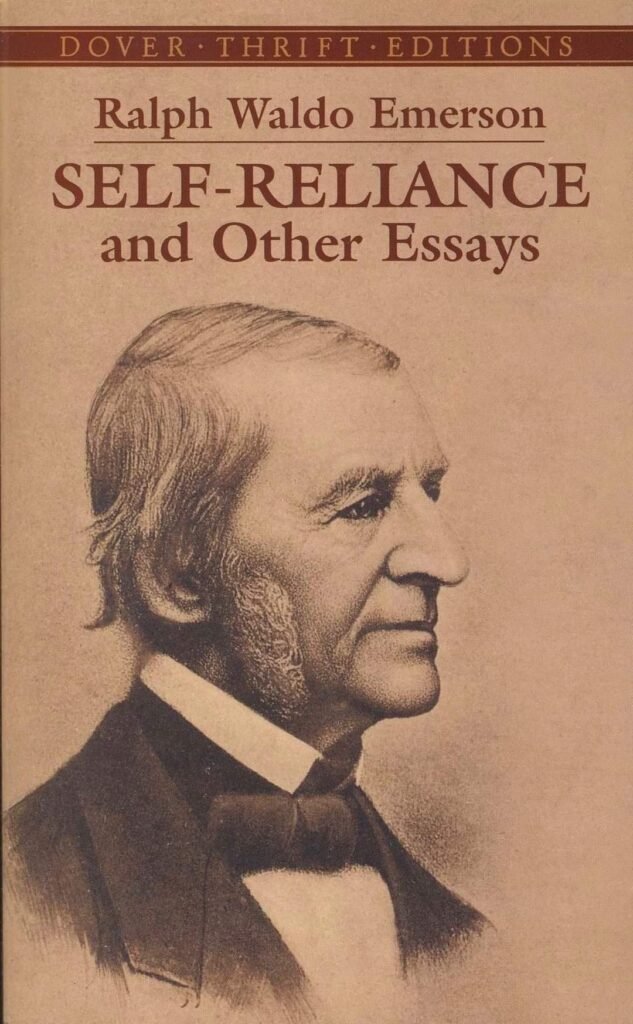#philosophy
#books
Self Reliance,
Ralph Waldo Emerson.
Ralph Waldo Emerson’s essay, Self-Reliance, first published in 1841, is arguably his most influential work.
1. The Role of Individualism.
It is basic to the argument in Self-Reliance that man should look to his own thoughts, beliefs, and intuition rather than the tradition and expectations of society. In fact, Emerson writes that “every heart vibrates to that iron string” since, for him, everyone nurtures an inner genius. To be able to trust himself is the measure of greatness.
This makes a man believe in his own genius and in his views rather than in the judgments of other people.
All this is connected with the general theme of nonconformity.
There is a strong protest against the demand of the society that insists upon being like everybody else and crushes one’s individuality of thought. For him, imaginative or creative thoughts simply become impossible when there exist imitations. He urges not to yield to the forces of becoming like everyone else. He continues famously saying that:
Only so casting aside the rubbish, in being himself shall man be, Emerson declares; only not swallowed up by the rabble shall he preserve his integrity.
3. Integrity of the Mind.
The purity and integrity of the mind are the greatest ends. People must carry their thoughts to their hearts, even though these may contradict the majority’s or even what Emerson might have thought before. This finds its expression in positive self: “A foolish consistency is the hobgoblin of little minds.”.
Indeed, Emerson claims: “people must outgrow their former opinions, and fear inconsistency is to act unphilosophically; otherwise, there’s no end to the progress of changes one has to undergo.”.
His doctrine of the divinity of the self lies at the bottom of Self-Reliance. For him the self is a union with an oversoul-higher, universal power-and thus to trust one’s judgment is to trust the divine within. A man, says Emerson follows that which develops in him the sense of intuition, “which over-rules reason and Infinite in simple thoughts is this, and thou shalt prove it so.”.
5. Rejection of Materialism.
He opposes people striving to acquire material riches. The goals, he believes, must consider issues related to spiritual as well as intellectual matters, and not just monetary and materialistic ones. Emerson says: _ “Nothing can bring you peace but yourself. Nothing can bring you peace but the triumph of principles.”
Emerson appeals to the inner sagacity of the readers to believe and draw strength from the fact that there is in fact actual fulfillment in life when one listens to, and lives according to his inner voice, and when he lives by his own professed principles.

